
Common Palm Civets
The Asian palm civet (Paradoxurus hermaphroditus), also called common palm civet, toddy cat and musang, is a viverrid native to South and Southeast Asia. Since 2008, it is IUCN Red Listed as Least Concern as it accommodates to a broad range of habitats. It is widely distributed with large populations that in 2008 were thought unlikely to be declining. In Indonesia, it is threatened by poaching and illegal wildlife trade; buyers use it for the increasing production of kopi luwak.
The Asian palm civet's long, stocky body is covered with coarse, shaggy hair that is usually greyish in colour. It has a white mask across the forehead, a small white patch under each eye, a white spot on each side of the nostrils, and a narrow dark line between the eyes. The muzzle, ears, lower legs, and distal half of the tail are black, with three rows of black markings on the body. Its head-to-body length is about 53 cm (21 in) with a 48 cm (19 in) long unringed tail. It weighs 2 to 5 kg (4 to 11 lb). Its anal scent glands emit a nauseating secretion as a chemical defense when threatened or upset.
The Asian palm civet is native to India, Nepal, Bangladesh, Bhutan, Myanmar, Sri Lanka, Thailand, Singapore, Peninsular Malaysia, Sabah, Sarawak, Brunei Darussalam, Laos, Cambodia, Vietnam, China, the Philippines, and the Indonesian islands of Sumatra, Java, Kalimantan, Bawean, and Siberut. It was introduced to Irian Jaya, the Lesser Sunda Islands, Maluku, and Sulawesi. Its presence in Papua New Guinea is uncertain.
It usually inhabits primary forests, but also occurs at lower densities in secondary and selectively logged forest.
It is also present in parks and suburban gardens with mature fruit trees, fig trees, and undisturbed vegetation. Its sharp claws allow climbing of trees and house gutters. In most parts of Sri Lanka, palm civets are considered a nuisance since they litter in ceilings and attics of common households, and make loud noises fighting and moving about at night.
Kopi luwak
Kopi luwak is coffee prepared using coffee beans that have been subjected to ingestion and fermentation in the gastrointestinal tract of the Asian palm civet, which is called luwak in Indonesia. Caffeine content in both Arabica and Robusta luwak coffee is lower than in unfermented coffee. Large deformation mechanical rheology testing revealed that civet coffee beans are harder and more brittle in nature than their control counterparts indicating that digestive juices enter into the beans and modify the micro-structural properties of these beans. Proteolytic enzymes cause substantial breakdown of storage proteins.
Kopi luwak is traditionally made from the faeces of wild civets, however, due to it becoming a trendy drink, civets are being increasingly captured from the wild and fed coffee beans to mass-produce this blend. Many of these civets are housed in battery cage systems which have been criticised on animal welfare grounds. The impact of the demand for this fashionable coffee on wild palm civet populations is yet unknown but may constitute a significant threat. In Indonesia, the demand for Asian palm civets appears to be in violation of the quota set for pets.
Javan Common Palm Civet (Paradoxurus hermaphroditus javanica) Halimun and Ujung Kulon National Parks
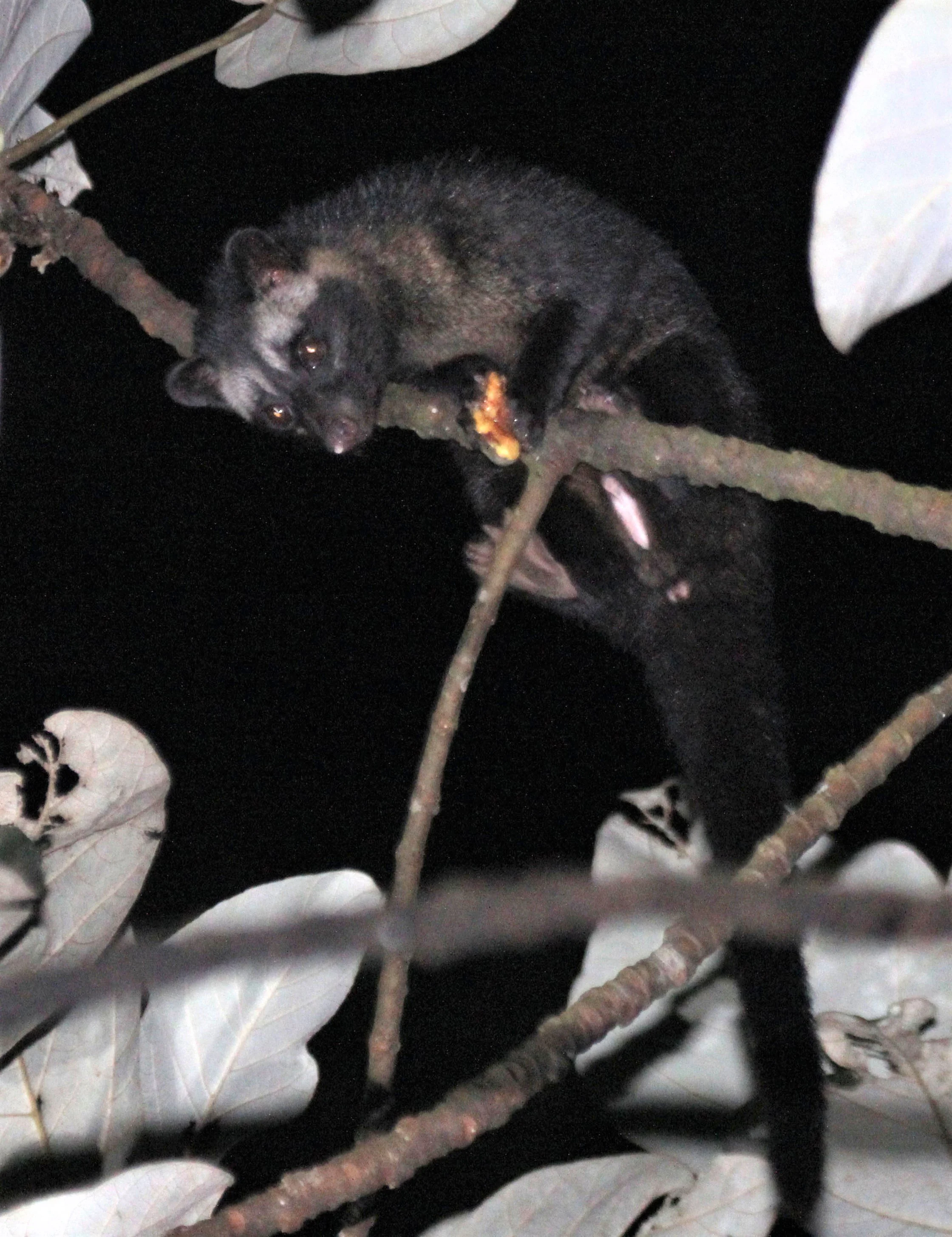





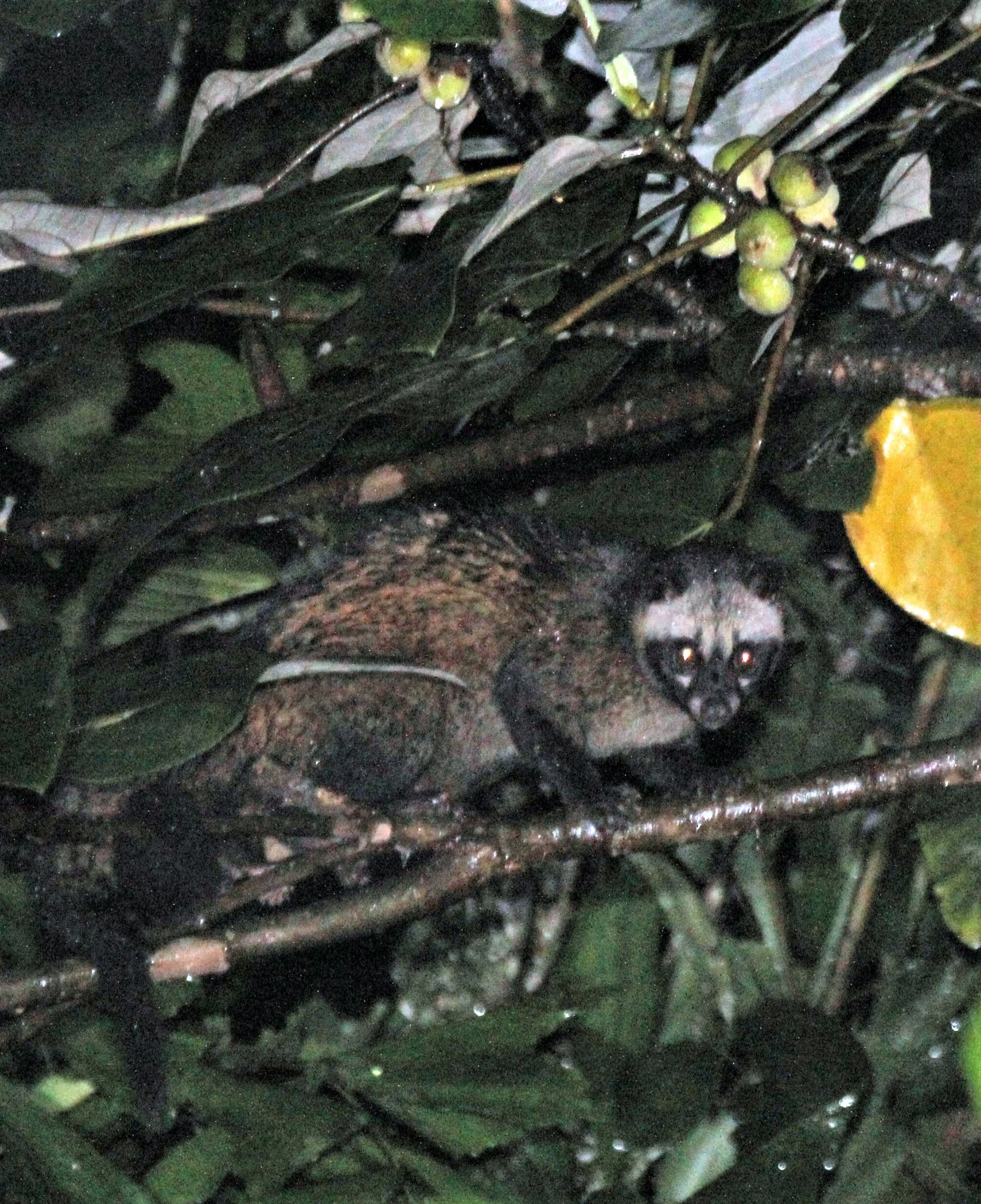



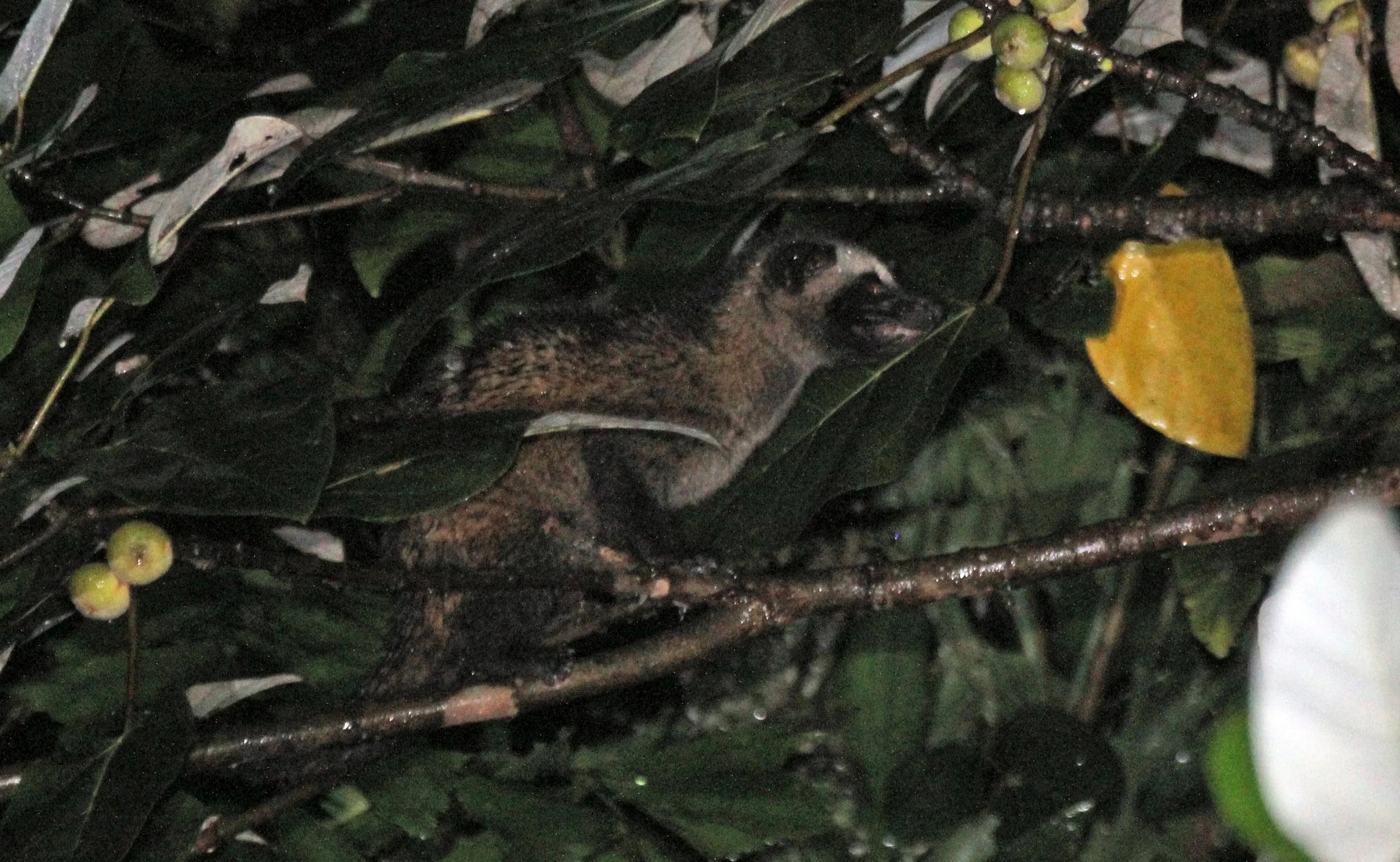

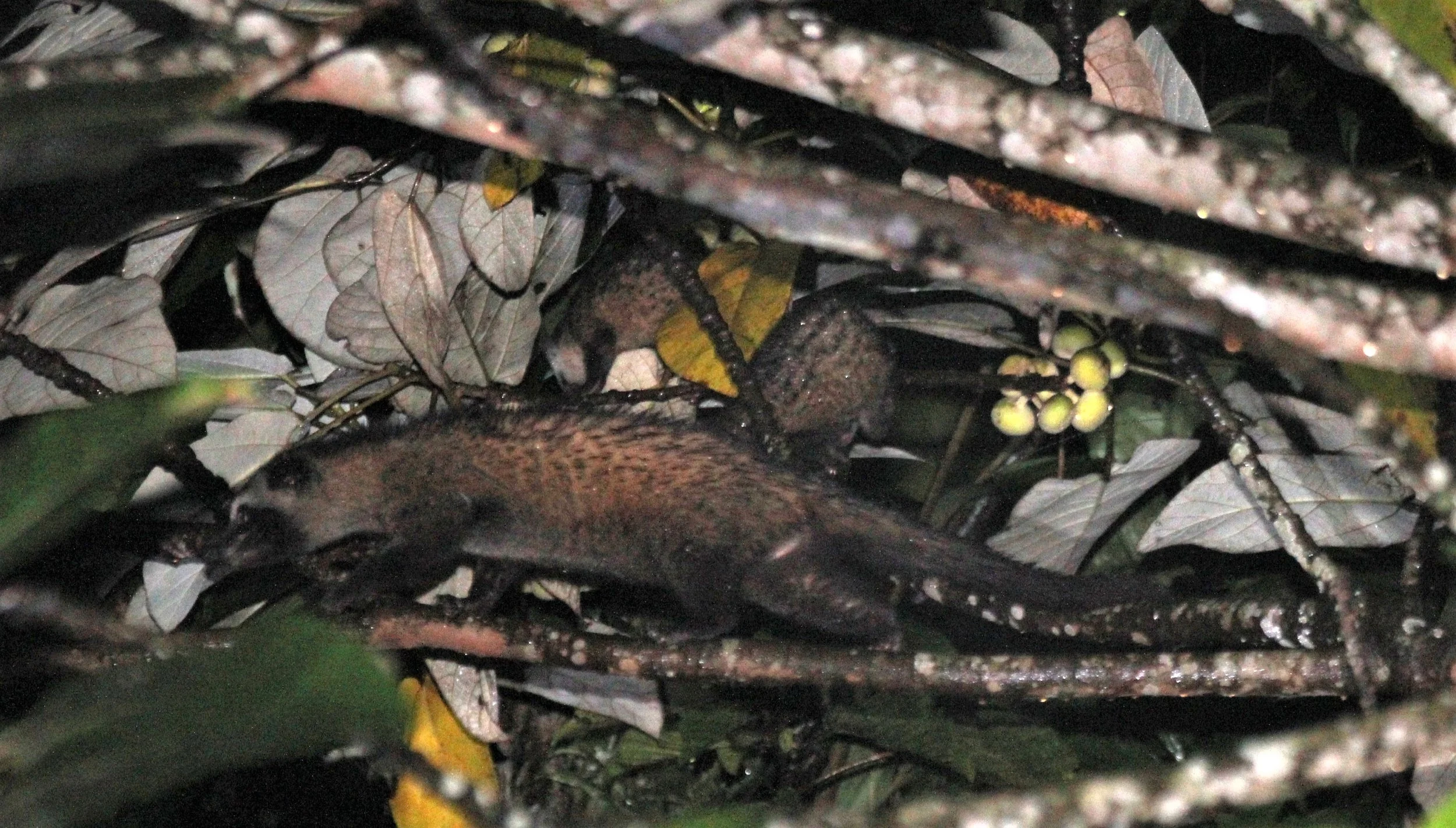

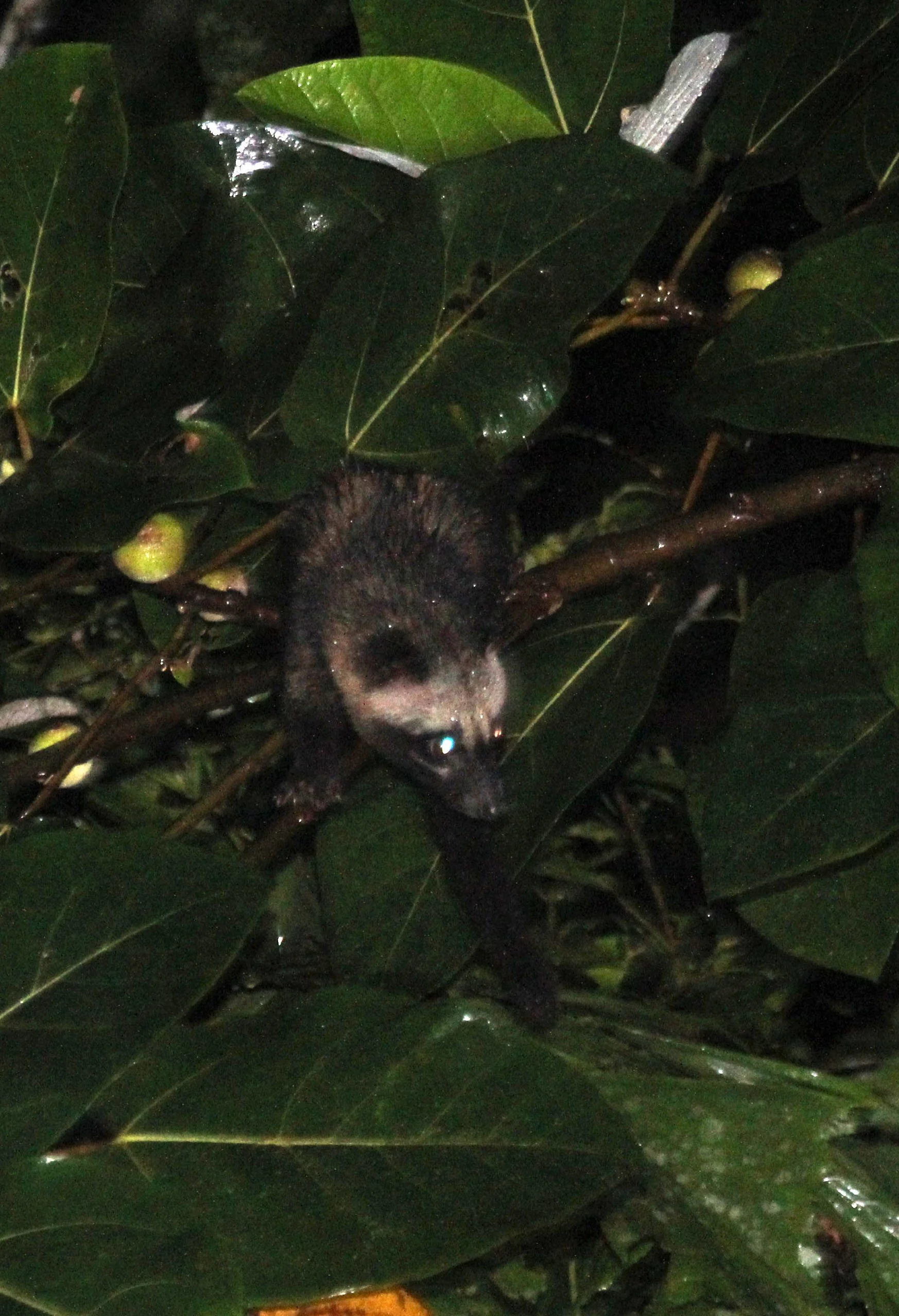
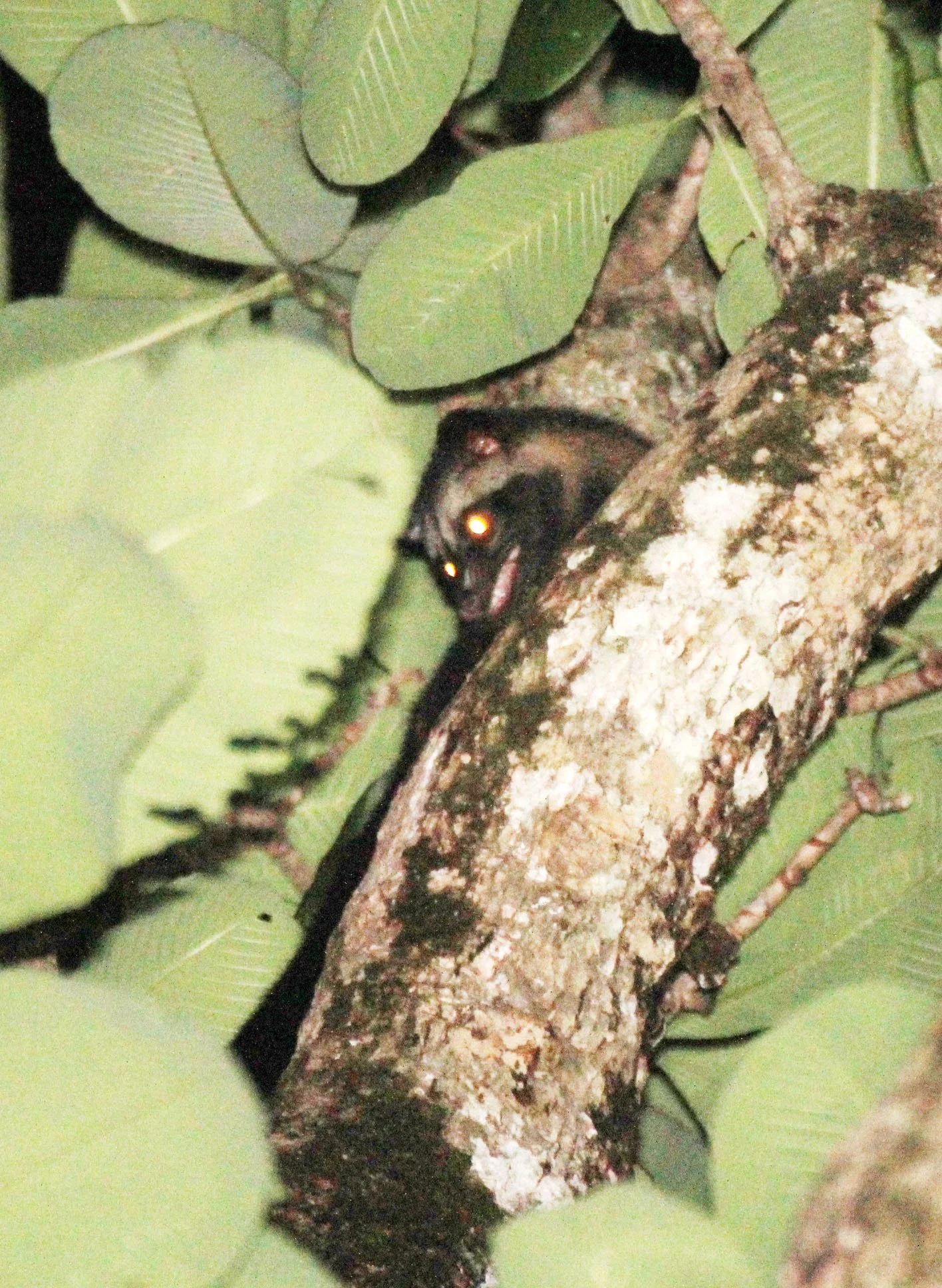



Philippine Common Palm Civet (Paradoxurus hermaphroditus philippinensis) Tabin Wildlife Reserve Borneo















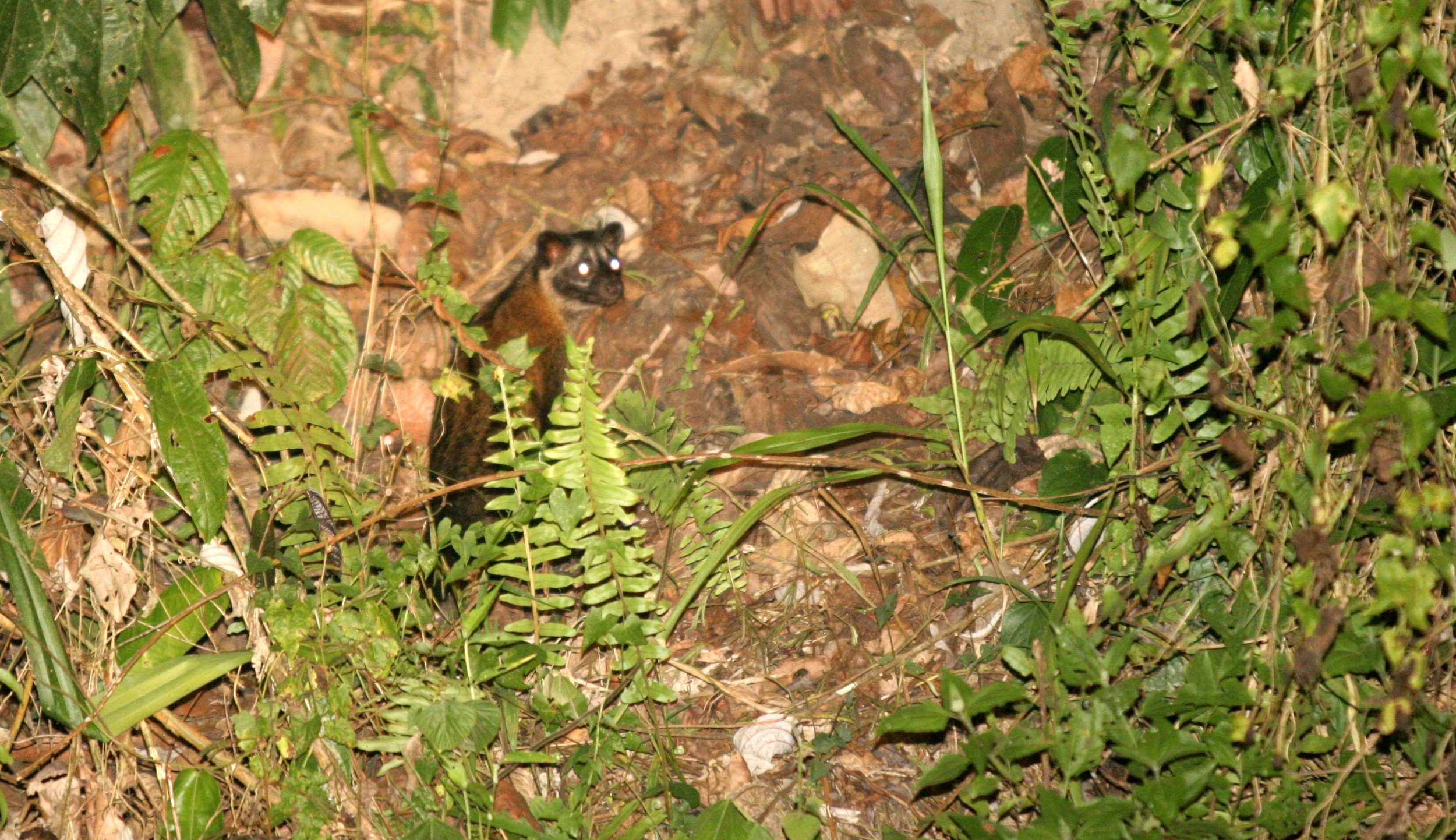








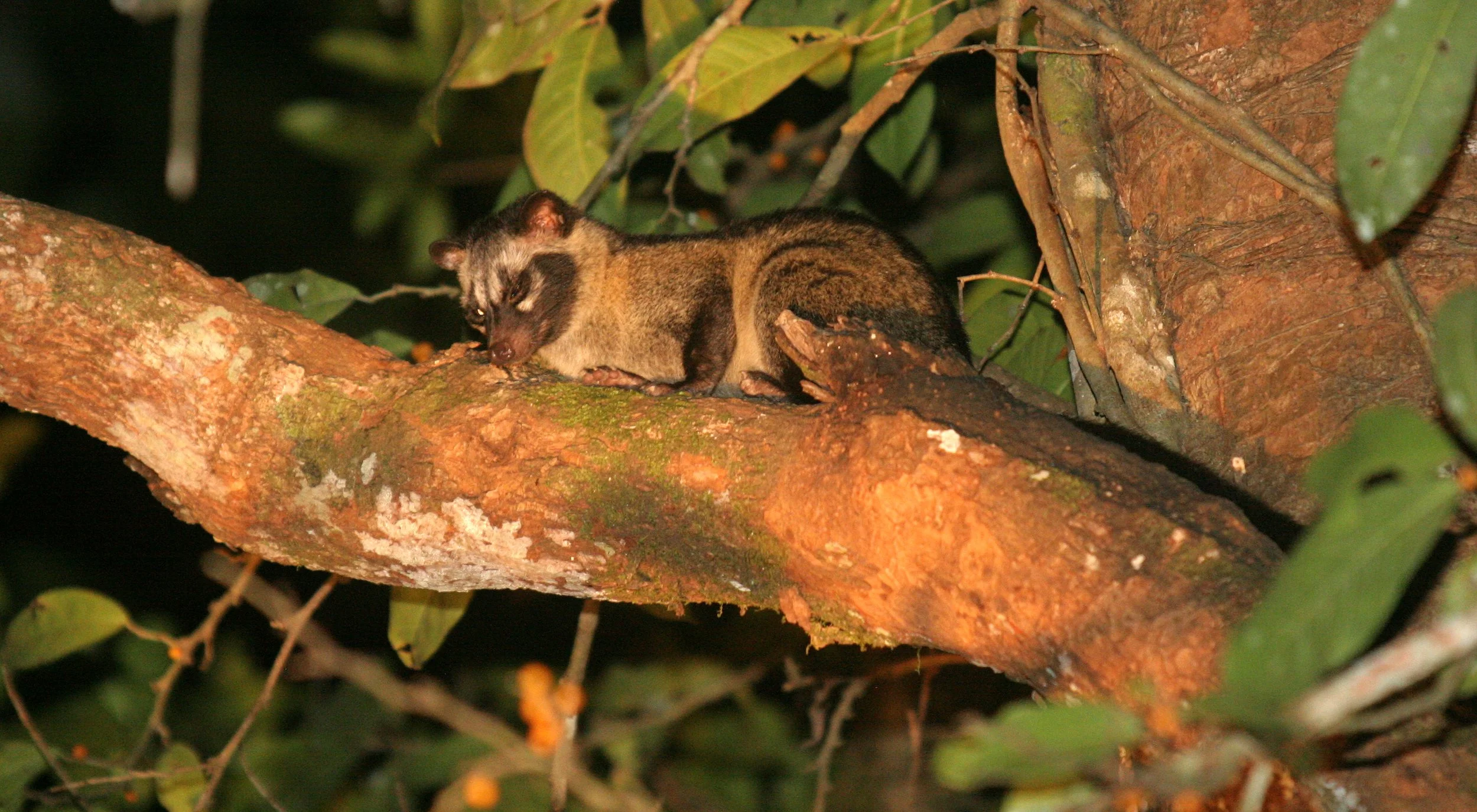








Common Palm Civet (Paradoxurus hermaphroditus laotum) Eastern Forest Complex, Thailand - Khao Yai and Pang Sida






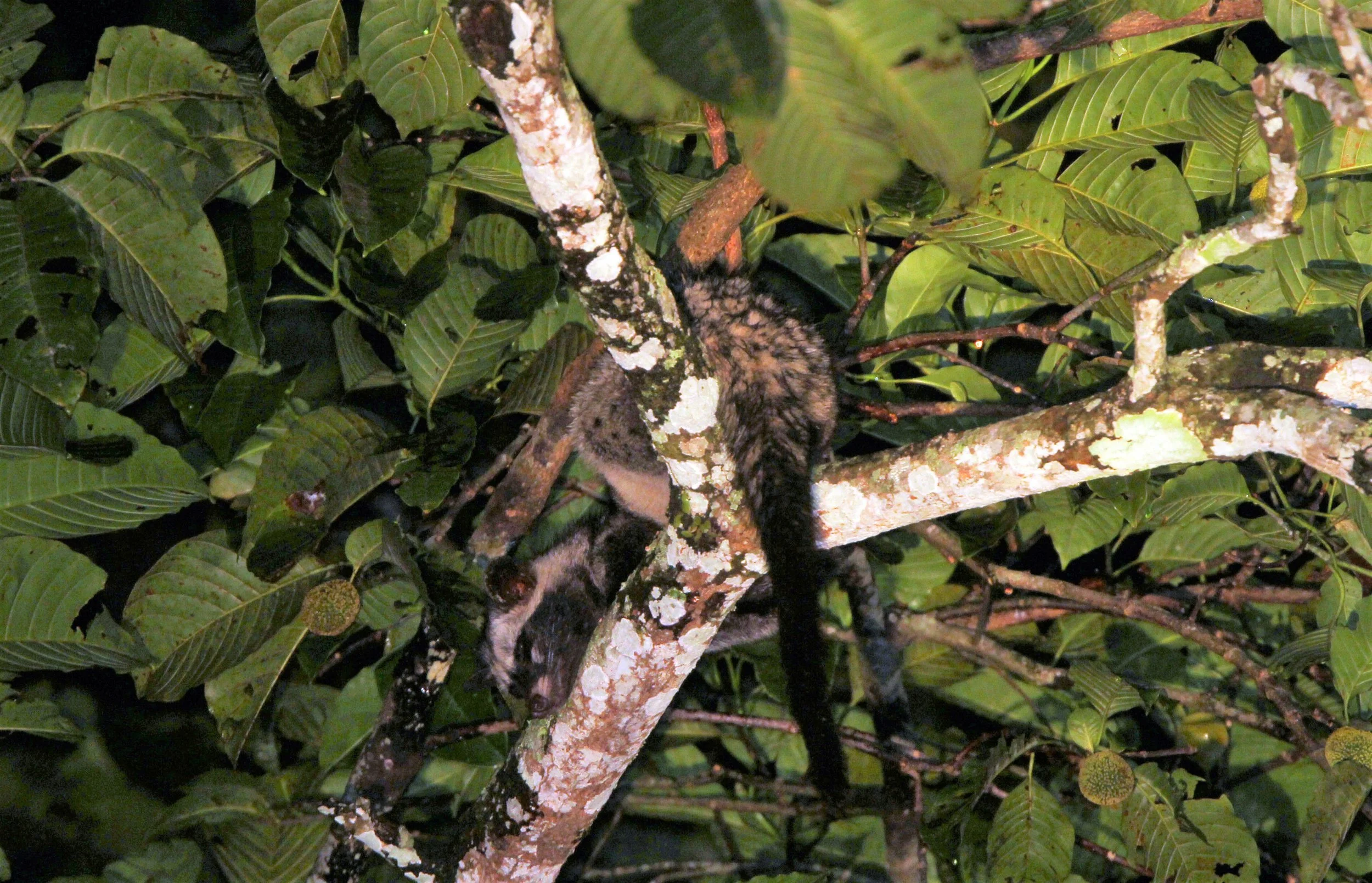









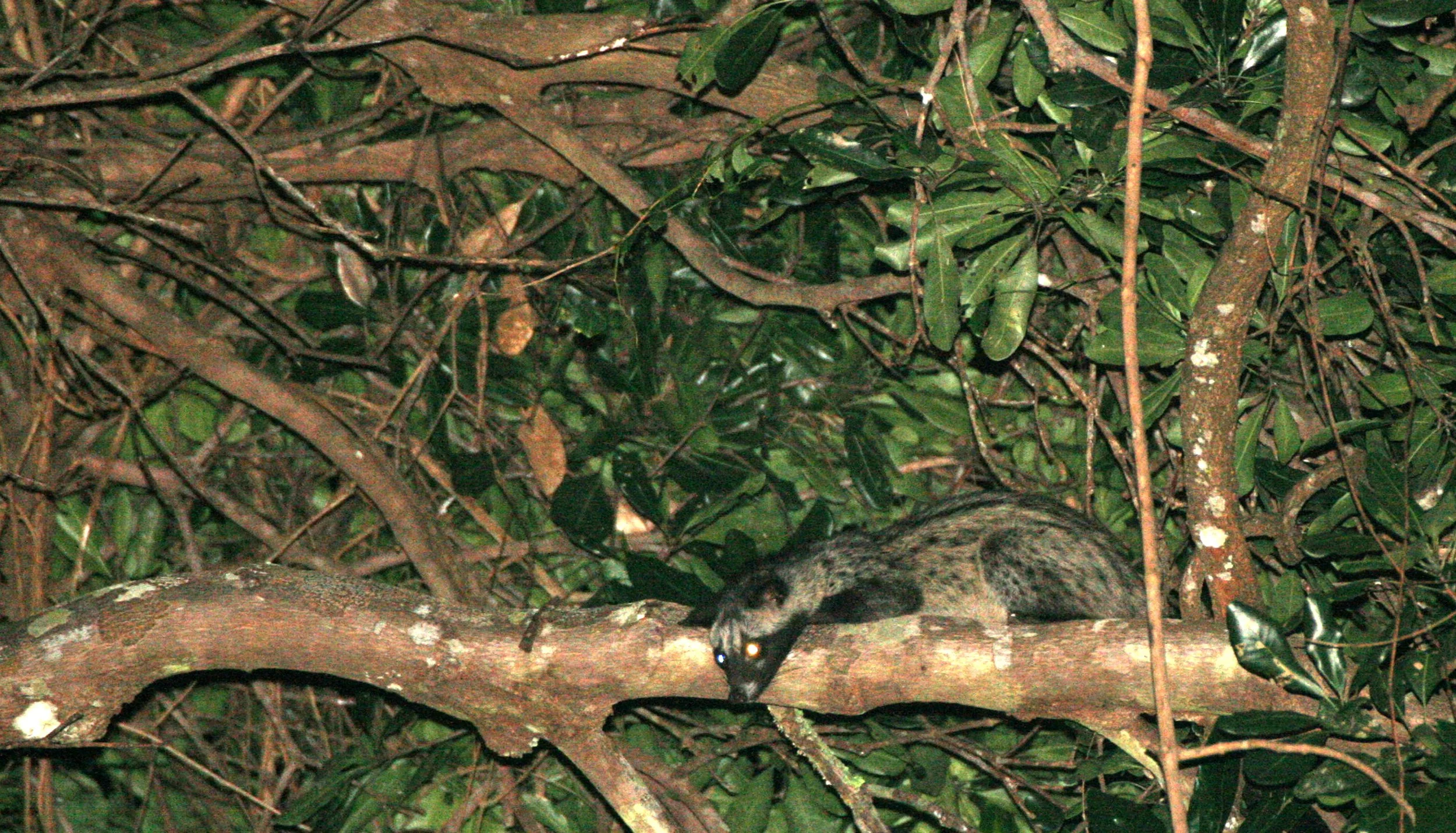

























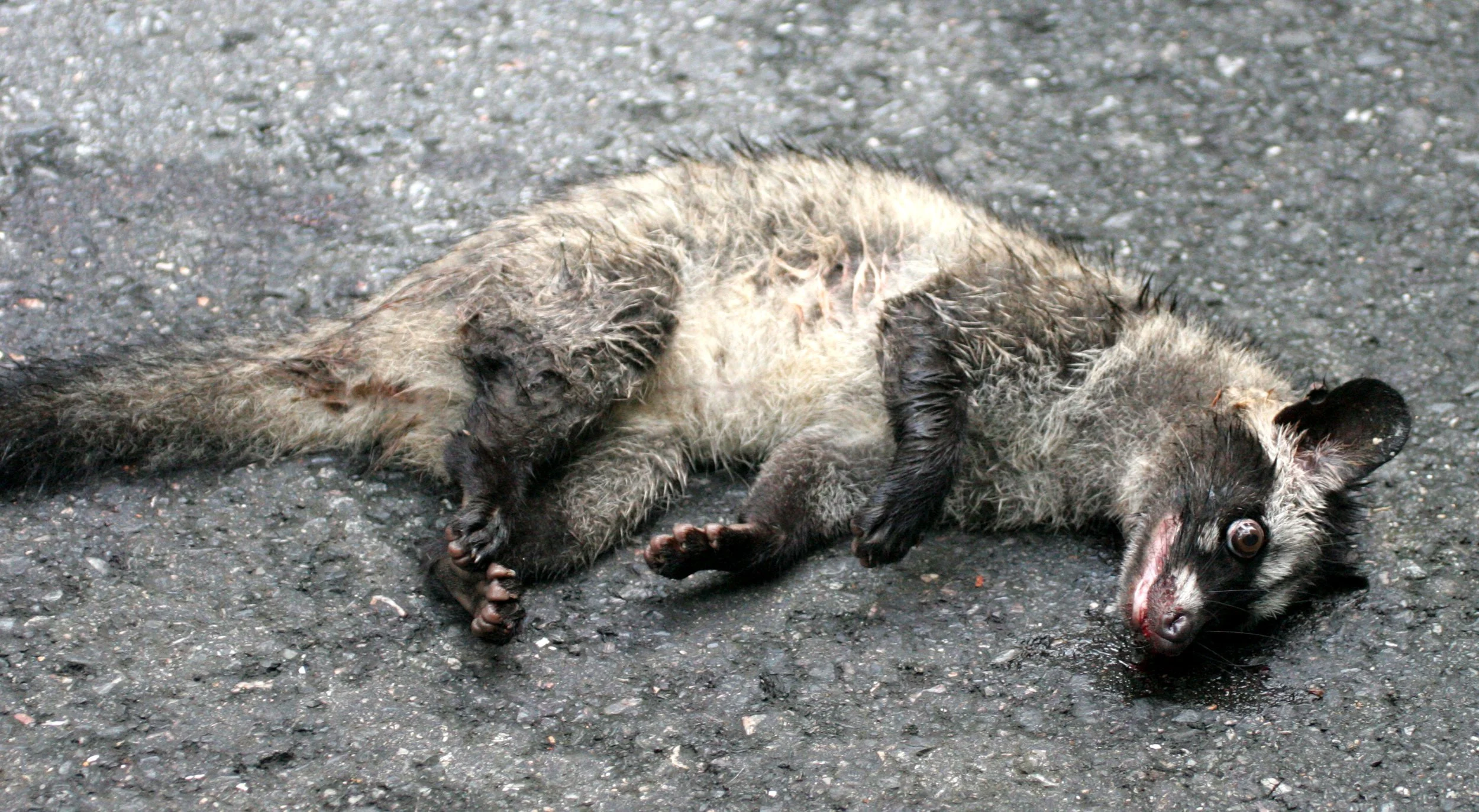







Common Palm Civet (Paradoxurus hermaphroditus laotum) Koh Lanta Southern Thailand


























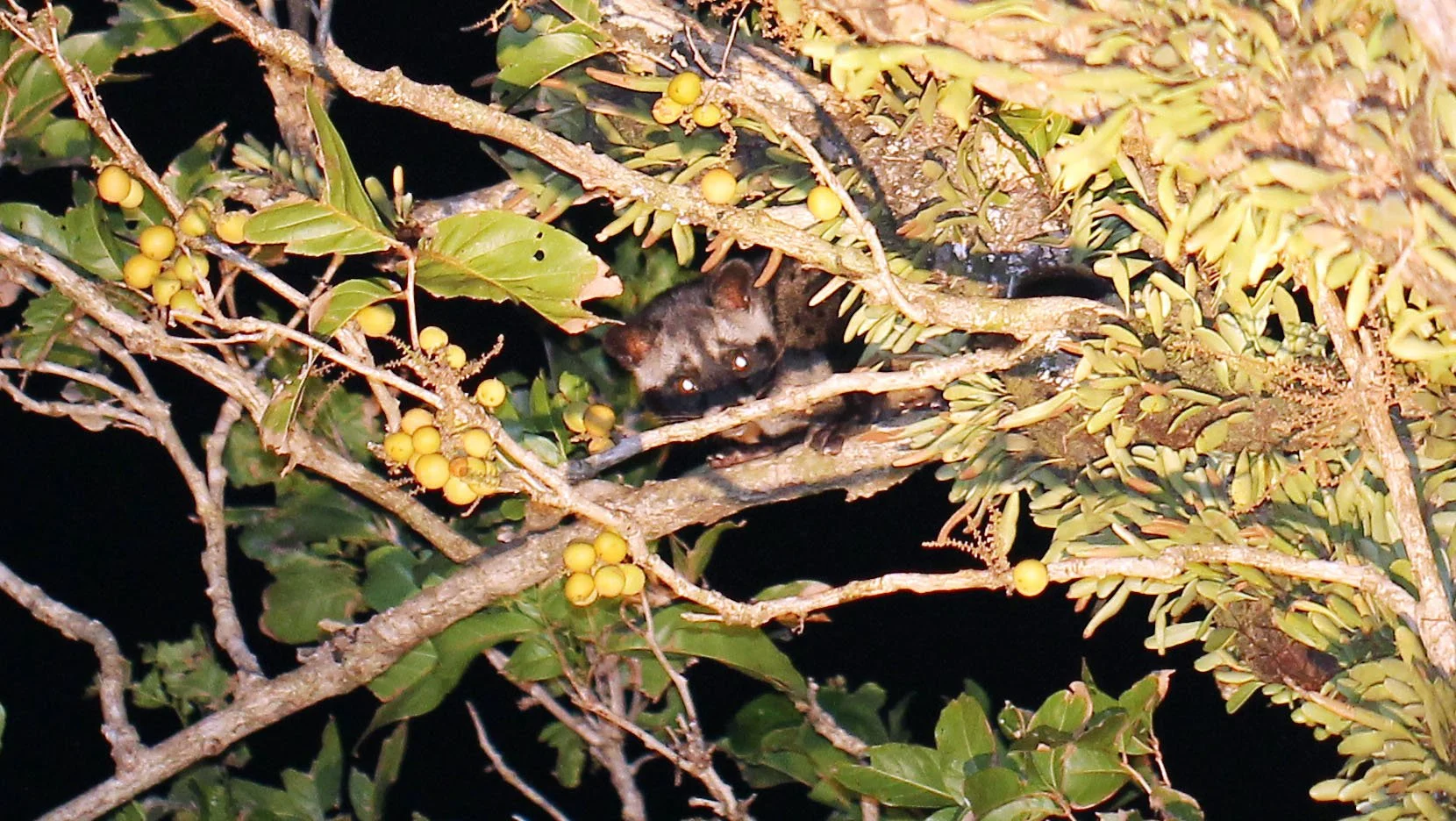



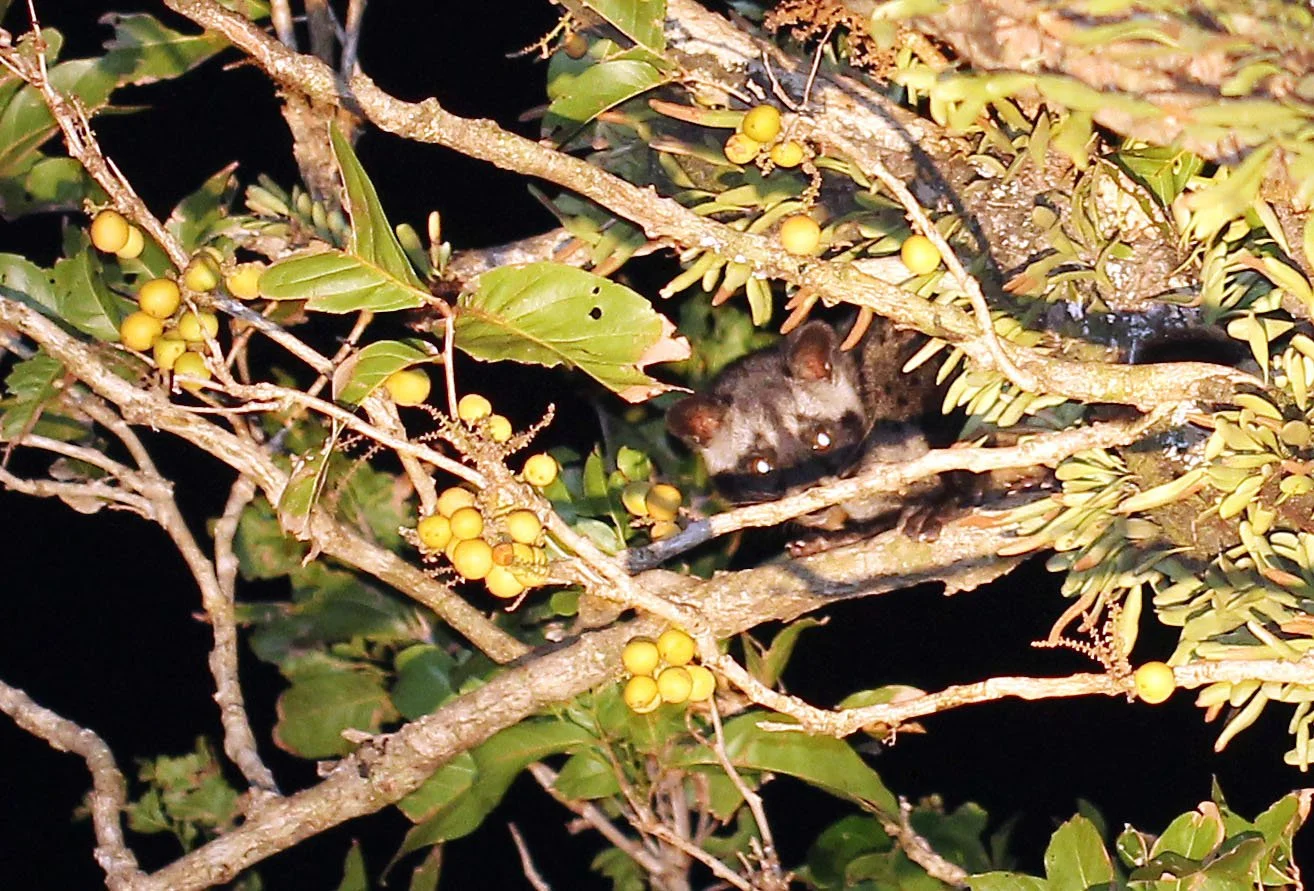











Common Palm Civet (Paradoxurus hermaphroditus laotum) Huai Kha Khaeng Wildlife Preserve Thailand





Central Indian Common Palm Civet (Paradoxurus hermaphroditus scindiae) Chambal River Sanctuary, India






















